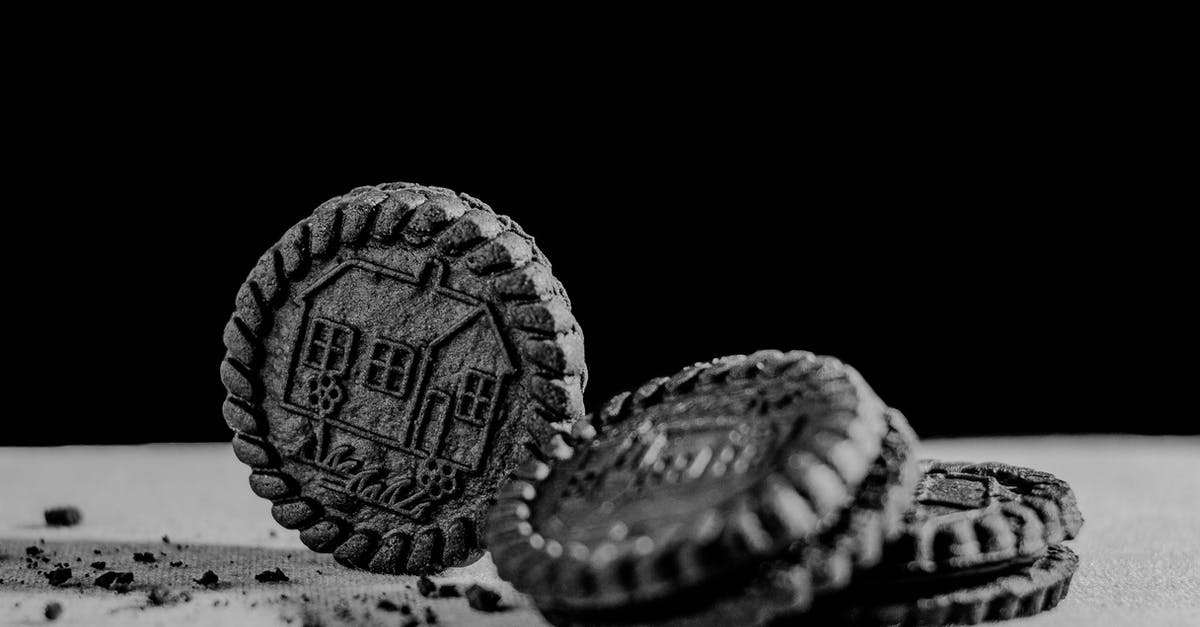Technical reasons against chocolate-coated shortbread

It is possible to find chocolate-coated shortbread (as in, the Scottish biscuit made of flour, sugar and butter, coated with chocolate) as a product in the UK, but it's very rare. Chocolate-coated shortcake -- which is similar, but different -- is much more common. "Millionaire's shortbread" is easy to find, but it's not completely coated in chocolate and has a thick caramel layer, making it quite a different product.
Given that shortbread is very popular -- and, presumably, very cheap to make -- and that chocolate is very popular, I'm led to believe that there must be some technical reason why it's so hard to find. Does anyone have any ideas?
My only thought is that it may be due to the fat interface between the layers (i.e., butter against cocoa butter) not playing together nicely, reducing shelf-stability.
Best Answer
I doubt there's a reason for commercial factories, as they'll have temperatures and everything perfect. For the home cook, there are some issues with making it as bar cookies:
- The shortbread is crumbly by nature, so chocolate sticking to it will actually pull crumbs off the top, not really sticking all that well if you don't have the chocolate hot enough to catch the crumbs that flake off.
- Cutting it is a bit of a challenge: you have to let it cool so that the chocolate is solid enough, but you risk the cookie crumbling as you cut it. You also risk the chocolate and cookie layers separating.
You can avoid #2 by cutting the shortbread first, then dipping it in chocolate, spooning it on top, or otherwise coating it after cutting ... but it's much more tedious and time consuming. Automated process could use other techniques to avoid this problem (eg, perfectly aligned blades so they can score the cookie while it's warm, then again after the chocolate has set ... and maybe even heat the blades.)
I've been making a shortbread + chocolate + walnut bar for the last decade or so as christmas cookies, and it only seems to have gotten more difficult through the years. (the recipe calls for placing the chocolate on top of the baked cookies, then back in the oven to melt ... and I don't know if it's because I'm using a vegan chocolate (no dairy) or what, but it hasn't melted quite right for me for years. I'm also using shortening in place of butter so this year I added a teaspoon of water to replace what would've been in the butter. I then melted the chocolate separately and I also used parchment, so I could pull it out of the pan to cut it (so it had space to move, rather than shattering). I'm not sure what helped the most, but I'm having closer to 5-10% loss (still have to cut up the rest of it), vs. last year's 50-60% loss.
I've never made the 'millionaire' ones, so I don't know if the caramel helps the situation or not. I suspect you could still have problem #1, but as you're working by temperature it's less likely. I also suspect #2 wouldn't be as bad as the caramel would have a little bit of give to it (ie, slightly soft).
Pictures about "Technical reasons against chocolate-coated shortbread"



More answers regarding technical reasons against chocolate-coated shortbread
Answer 2
There is no such technical reason. This kind of cookie is quite popular in Germany, both in the store and with home recipes, and works perfectly well. Your assumption that "there must be some technical reason" does not logically follow from "it is not popular in the UK", and in this case, it is also empirically wrong.
Sources: Stack Exchange - This article follows the attribution requirements of Stack Exchange and is licensed under CC BY-SA 3.0.
Images: armağan başaran, armağan başaran, RODC., Cleyder Duque
